Now that’s what I call a party!

0
0
0
0
- Meaning
- The phrase "Now that’s what I call a party!" can convey a sense of excitement and approval. It suggests that the speaker is experiencing or observing an event that fulfills their expectations for what a celebratory gathering should be: joyful, energetic, and memorable. Philosophically, this might reflect the human desire for connection, fun, and a break from routine; psychologically, it highlights the joy of social interactions and shared experiences. Historically, parties represent communal activities that strengthen social bonds and allow for self-expression.
- Allegory
- The elements in the image—balloons, confetti, diverse people, and warm lights—symbolize the essence of a joyous gathering. Balloons and confetti represent fun and celebration, while the diverse group of people illustrates the inclusiveness and joy of social connections. The warm lights evoke a sense of warmth and comfort, enhancing the feeling of togetherness and shared happiness that the phrase embodies.
- Applicability
- This phrase can be applied to personal life by encouraging individuals to seek out experiences that bring joy and festivity. Whether it’s hosting friends for a casual gathering or attending a lively event, the phrase serves as a reminder to embrace and celebrate moments of happiness with others.
- Impact
- The impact of this phrase lies in its ability to capture the essence of celebration and joy. It is often quoted in social media, invitations, and gatherings to denote great times and memorable parties. This sentiment resonates with the enjoyment of life’s joyful moments and promotes a culture of celebration.
- Historical Context
- The phrase likely originates from the 20th century when party culture began to become prominent in many western societies, particularly in the United States. This reflects the cultural shift towards valuing leisure, socialization, and entertainment as key components of a fulfilling life. In this context, celebrations often became prominent staples in social life.
- Criticisms
- There may be some criticism regarding the phrase's casualness, suggesting it downplays significant events or interactions that should be more solemn. Some argue that the phrase can encourage superficial gatherings without meaningful connections, though this interpretation varies greatly depending on individual perspectives on socializing.
- Variations
- Variations of this phrase may include similar expressions from various languages or cultures that celebrate gatherings and festivities, such as the French "C'est une vraie fête!" which translates to "It's a real party!". The core idea of joyful gatherings transcends cultural barriers, though the expression might differ.
-
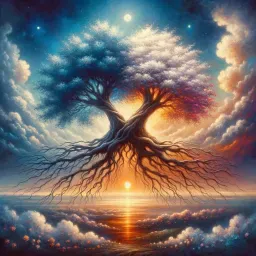
I’d rather die tomorrow than live a hundred years without knowing you.
-

It’s all part of the experience.
-
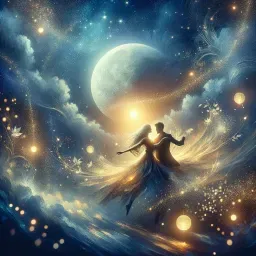
There’s magic in the air tonight, and anything can happen.
-
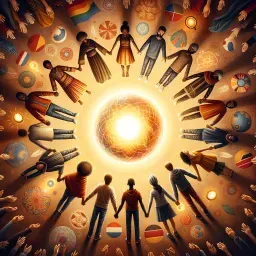
Nobody gets left behind.
-

You are a toy!
-
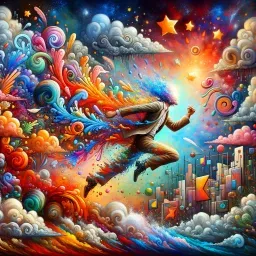
I’m gonna wreck it!
-

The sky’s awake, so I’m awake!
-

I'm the king of the world!
-

What can I say? I’m a rebel.
-
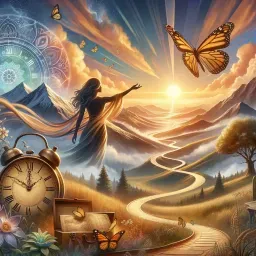
Seize your moment.
-

You don’t have to be perfect to be amazing.
-
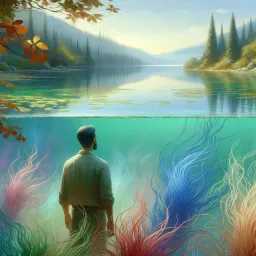
The seaweed is always greener in somebody else’s lake.
No Comments